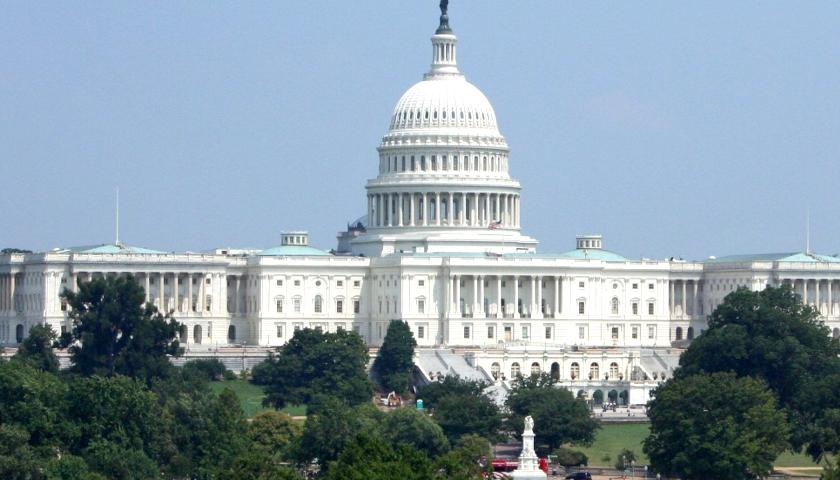The Georgia Court of Appeals ruled in a 2-1 decision on Thursday to disqualify Fulton County District Attorney Fani Willis from prosecuting the election interference case involving former President Donald Trump.
Vice Chief Judge Trenton Brown authored the decision and Judge Todd Markle concurred, saying that Willis’ past romantic relationship with Nathan Wade — a former special prosecutor she appointed to the case — created a conflict of interest. The decision said that the appearance of impropriety was too significant to allow Willis to continue overseeing the case.
While the lower court previously allowed Willis to remain in charge if Wade stepped aside, the appellate court disagreed, stating that this remedy did not adequately address the concerns raised by the relationship.
“No other remedy will suffice to restore public confidence in the integrity of these proceedings,” the court wrote in its majority opinion; adding, “the elected district attorney is wholly disqualified from this case, ‘the assistant district attorneys — whose only power to prosecute a case is derived from the constitutional authority of the district attorney who appointed them — have no authority to proceed.'”
Judge Benjamin Land dissented, arguing that the majority had overstepped by interfering with the trial court’s decision and undermining the discretion of local judges.
The court did not dismiss the indictment itself, leaving the charges against Trump and 18 others in place, meaning there is a possibility of the case being reassigned to a prosecutor from another jurisdiction.
The embattled Fulton County D.A.’s office immediately notified the court their intent to appeal the decision to the Georgia Supreme Court.
The Georgia Appeals Court ruling is the next in a series of decisions either delaying or dismissing criminal cases against the president-elect.
In the federal election case, Trump was indicted in August 2023 for attempting to overturn the 2020 election results. The case, initially set to go to trial in March 2024, was delayed after Trump successfully argued he had presidential immunity. The Supreme Court partially granted his request in July, forcing prosecutors to revise the indictment. After Trump’s election victory, special counsel Jack Smith moved to have the case dismissed, citing the Justice Department’s policy against prosecuting sitting presidents. The court agreed, and the case was officially dismissed in late 2023.
The federal documents case saw Trump indicted in June 2023 for withholding White House documents and obstructing the investigation into their handling. Judge Aileen Cannon, appointed by Trump, suspended the trial indefinitely in May. In July, Cannon dismissed the charges, and while Smith appealed the ruling, he moved to drop the case after Trump’s re-election. The 11th Circuit ultimately agreed to dismiss the case in December 2023.
In the New York criminal case, Trump was convicted in May 2024 on 34 counts of falsifying business records in connection with “hush money” payments made to Stormy Daniels. Although his sentencing was originally set for July, it has been repeatedly delayed. Judge Juan Merchan postponed the sentencing until after the election. Meanwhile, Trump is seeking to have the verdict thrown out.
– – –
Christina Botteri is the Executive Editor at The Tennessee Star and The Star News Network. Follow her on Twitter / X @christinakb.
Photo “Georgia Court of Appeals” by Georgia Courts.
Seated left to right: Presiding Judge Christopher J. McFadden, Presiding Judge Sara L. Doyle, Presiding Judge Anne Elizabeth Barnes, Chief Judge Amanda H. Mercier; Presiding Judge M. Yvette Miller, Presiding Judge Stephen Louis A. Dillard, Judge Brian M. Rickman. Standing left to right: Judge Jeffrey A. Watkins; Judge Trea Pipkin; Judge Todd Markle; Vice Chief Judge Trenton Brown; Judge Elizabeth D. Gobeil; Judge Kenneth B. Hodges III; Judge Benjamin A. Land; and Senior Judge C. Andrew Fuller.





